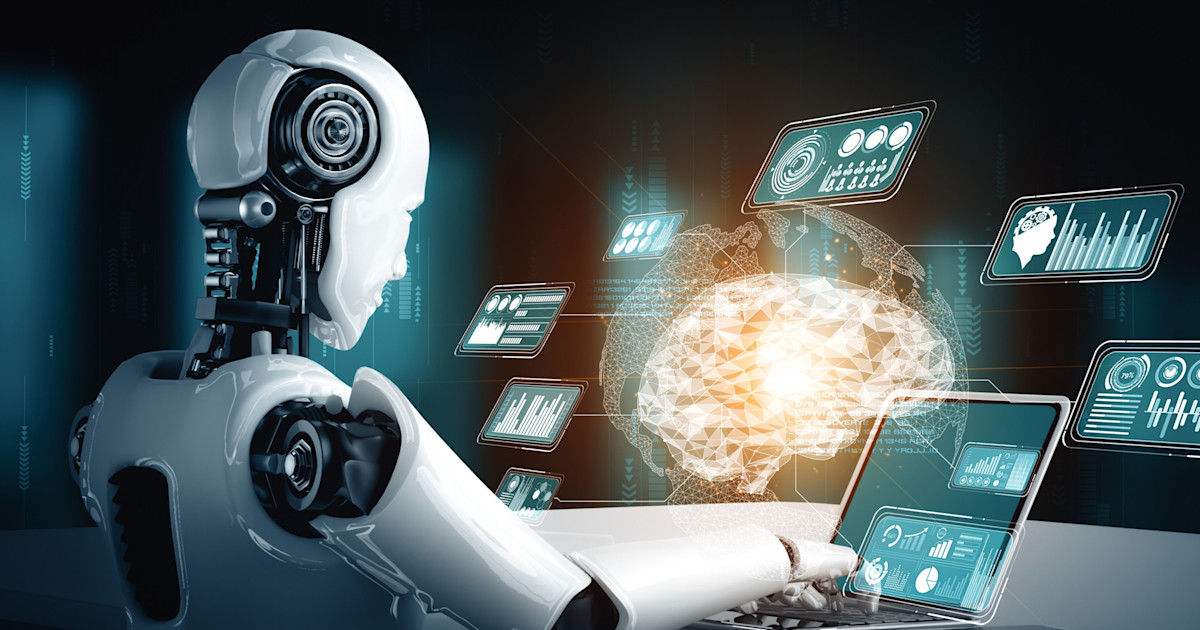F
uturist and former Google executive Steve Brown predicts three waves of AI that will revolutionize the real estate industry. The first wave, "agentic AI," is already here and marks the beginning of digital employees. Rather than fearing AI, leaders should explore its potential to automate tasks and free up human resources for high-value work.
The year 2023 will be marked by the emergence of AI agents that can perform complex tasks, learn, and adapt quickly. These agents will assist with market research, listing updates, and scheduling showings, among other tasks. Brown emphasizes that companies that quickly adopt these agents will thrive in this new landscape.
AI agents will also be able to collaborate in "swarms," a concept that may seem daunting but is actually a natural progression of AI development. As Brown notes, anything that can be done on a laptop by a human team can soon be done by an AI agent.
Brown identifies three types of AI relevant to real estate: agentic AI, spatial AI, and physical AI (intelligent robots). Spatial AI enables the perception and interpretation of physical space, with applications in visual property scans, immersive 3D walkthroughs, and automated inspections. Physical AI is already being used in warehouses, where robots learn by example.
To prepare for this new era, business leaders must re-engineer their workflows to take advantage of AI's capabilities. This involves breaking down processes into tasks and asking whether they can be offloaded to AI, augmented by AI, or extended beyond human capability. By doing so, companies can free up human resources for high-value work and create a culture that values strategy, relationships, and trust.
Ultimately, Brown envisions a future where consumers interact with AI assistants that understand their needs and recommend properties. However, this will require humans to adapt and learn by doing, embracing the potential of AI to elevate people's work and enhance customer experiences.













